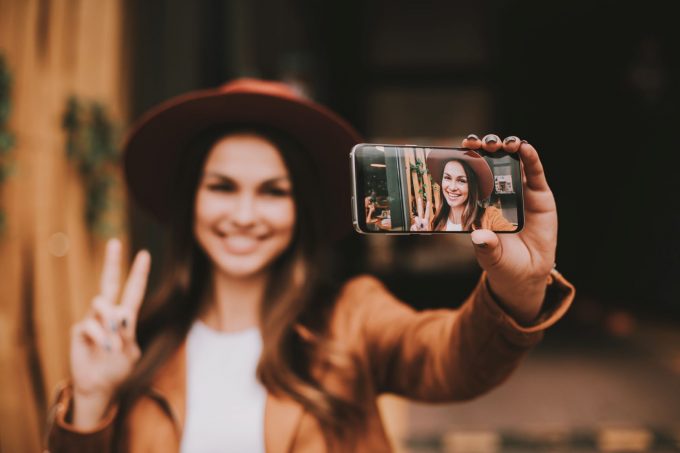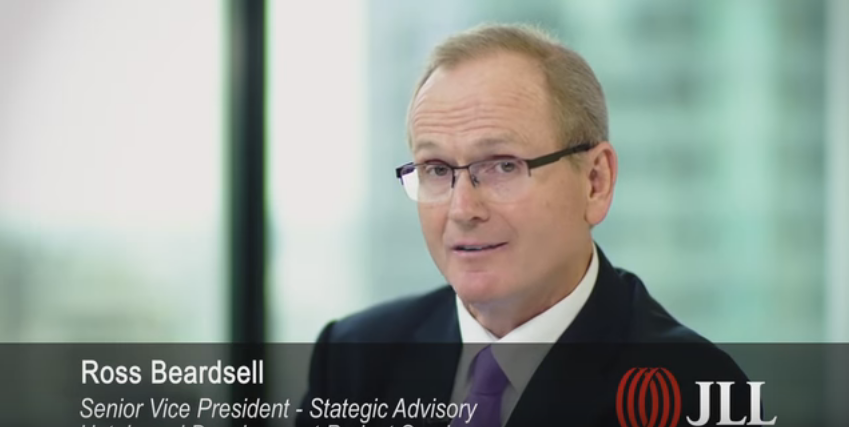
Why influencer marketing works
Earlier in 2019, Edelman published its annual Trust Barometer along with its In Brands We Trust report, which both gather data about how consumers feel about major brands nowadays.
[pro_ad_display_adzone id=”15046″ align=”left”]The 2019 edition of In Brands We Trust is of particular interest as it includes statistics regarding influencer marketing. Note that there were over 16,000 respondents to this online survey, spanning across eight markets including USA, UK, Brazil, India, Japan, France, Germany and China.Here are five statistics that stand out and seem particularly relevant for travel and hospitality brands.
74 percent of consumers use advertising avoidance strategies
That’s an interesting one. We know many consumers use ad blocking apps on their desktop and in particular on mobile devices, but approaching it under the “advertising avoidance strategies” umbrella allows a wider scope… including changing media habits to see less advertising or finding ways to avoid almost all ads.

Consumers use of advertising avoidance strategies. Source: Edelman.
I also find it interesting to see that 38 percent of consumers surveyed pay for premium access to streaming services such as Spotify or Google Music in order to avoid ads. There are many consumers in this category and yet we tend to forget about them, or underestimate their critical mass.
Relatability is nearly 2x more important than popularity
This one makes sense intuitively but it’s nice to see it come out with this Edelman report. When Edelman asked participants why they followed and trusted influencers, the relatability of the influencer was nearly twice as important as the influencer’s popularity, proving that we tend to give more credit to peers or folks like us, rather than simply a popular person or spokesperson.
Let’s not forget an important fact: influencers are not just popular Instagramers or YouTubers. We tend to lend more credibility to company experts, academic experts or simply “a person like yourself”. Not surprinsingly, we seem to give even more credibility to this latter category than ever, confirming that relatability factor mentioned above.
63 percent of millenials trust influencers more than brand advertising
 This one shouldn’t come as a big surprise as we’ve been seeing trust in brand communication plummeting in recent years, specially when it comes to advertising. Every destination shows its pristine beaches, hotels highlight their delightful pools and room amenities while restaurants showcase only their best and most scrumptious fares. But consumers don’t buy that anymore!
This one shouldn’t come as a big surprise as we’ve been seeing trust in brand communication plummeting in recent years, specially when it comes to advertising. Every destination shows its pristine beaches, hotels highlight their delightful pools and room amenities while restaurants showcase only their best and most scrumptious fares. But consumers don’t buy that anymore!
This is why, for many, influencer marketing has become a bona fide strategy in order to get a more authentic message across, communicated with a different tone that resonates with audiences used to follow influencers on their platform of choice: blog, podcast, social media, etc.
58 percent of millenials bought a product mentioned by an influencer
We already know that social media is a great platform for product or service discovery – Facebook and Instagram leading the way – so it’s comforting to see that discovery actually leads to revenue and sales. In fact, 58 percent of users surveyed, aged 18-35 years old, said they bought a new product after initially hearing about it through an influencer.

Influencer marketing leads to sales. Source: Edelman
Notice that influencers also have an impact on brand trust along with awareness which, in many cases, can be a superior metric in some instances.
34 percent of global citizens trust most of the brands they buy or use
Last but not least, it’s interesting to see how influencers can play an important role in introducing brand messages to new audiences, thus generating trust and increasing awareness at the same time. Only 37% of US citizens trust most of the brands they buy or use, so working with influencers can help hotels, destinations or restaurants bridging this trust gap by playing a role of liaison between travel brands and target audiences of users.
Frederic Gonzalo is a marketing and communications expert with more than 20 years of expertise in the travel and hospitality industry.





